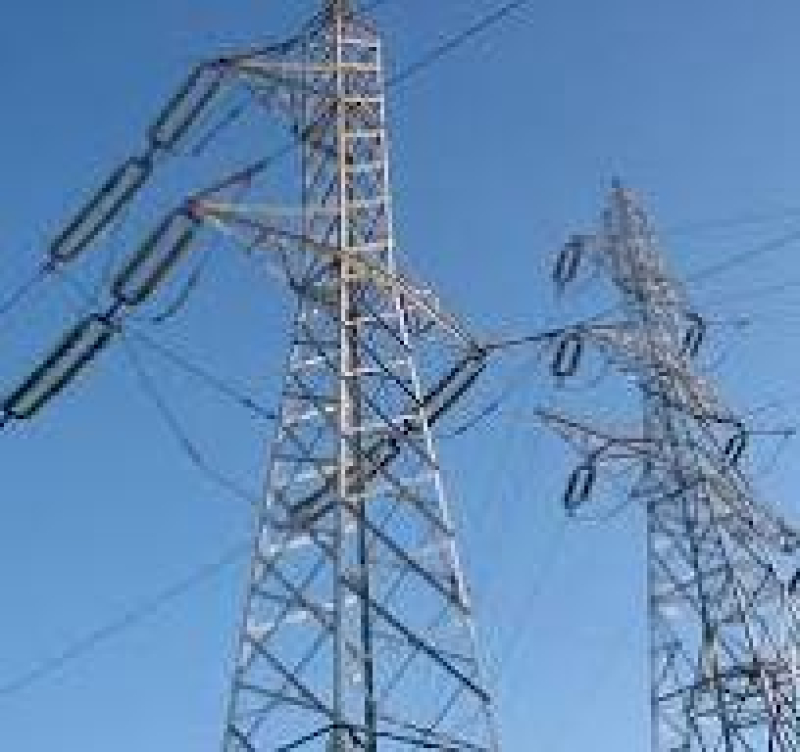- NCP Demands Impeachment, Arrest of President |
- PM Pledges to Modernise, Strengthen Border Force |
- Dhaka Tops Global Pollution List with Hazardous Air |
- Country Observes Martyred Army Day Today |
- 100 CSOs rally against Trump’s trade tactics, urge access to drugs |
Govt in dilemma over raising power tariff to cut losses
BPDB incurred loss of Tk 47,788.17 crore in 2022-23 : BPDB Annual Report

Govt in dilemma over raising power tariff
Dhaka, Feb 12 - The government is caught up in a dilemma in choosing the right option to reduce the gap between the cost of power production and revenues generated from sales.
“Top policymakers are divided over whether the government should go for increasing the power tariff further or issuing more bonds through the banking system,” said a top official at the state-owned Bangladesh Power Development Board (BPDB).
He said if the government wants to raise the power tariff, either it has to do it before Ramadan or after Ramadan - these are the questions almost every day that are being discussed at the policy level.
They are also analysing the impacts of floating more bonds to reduce the burden of soaring losses on the part of BPDB, he added.
According to official sources, currently, the production of each unit of electricity costs about Tk 12 while it sells at a rate of about Tk 6.7.
It means the government has to bear the brunt of Tk 5.3 per unit, a top BPDB official told UNB.
The BPDB’s Annual Report 2022-23 shows, the BPDB, as a single buyer, generated 87,024 million kilowatt hours of electricity in 2022-23 fiscal at a total cost of TK 98,646.42 crore.
Its per unit production cost was at Tk 11.33 while it was selling electricity at Tk 6.7 per unit incurring a loss of about Tk 4.63 per unit.
The bulk tariff was last raised by 8.06 percent to Tk 6.70 from Tk 6.20 per unit on January 31 with effect from February 2023.
Against this, its revenues were Tk 50,858.25 crore, incurring a loss of Tk 47,788.17 crore, showed the BPDB Annual Report.
With this huge loss, the government has been in great trouble as it has to purchase electricity worth Tk 82,778.25 from private sector power producers while it generates electricity worth Tk 13,306.62 crore from its own generation plants.
The annual report also shows that the BPDB’s average per unit production cost from its own plants is Tk 7.63, while it is Tk 14.62 at the independent power producers or IPPs (private sector), at rental plants Tk 12.53, at public plants Tk 6.85 and imported power from India at Tk 8.77.
The government purchases electricity from the private sector and India in dollars.
According to official sources, the government's cumulative outstanding bills have now jumped to about $5 billion, of which the backlog amount in the power sector is about $4 billion (about Tk 43,093 crore), and the remaining $1 billion is in the energy sector.
State Minister for Power, Energy and Mineral Resources Nasrul Hamid also admitted the severity of the crisis.
“Actually the crisis is not of local currency. Somehow we can manage it. But the main crisis is the dollar. We’re not getting dollars from Bangladesh Bank as per our needs,” he recently informed.
He noted that the power and energy sectors need at least $1 billion a month to meet payment obligations.
In such a situation, the government recently introduced a number of bonds through Bangladesh Bank to facilitate the BPDB to clear some dues.
“Initially, we have floated bonds worth Tk 5000 crore and it may go up to Tk 12,000 crore,” said a BPDB official on condition of anonymity, adding that it will not be enough to cover the losses, although the government is providing subsidies on a regular basis.
“That’s why the government will have to go for raising power tariff further or introducing more bonds,” he said adding, if more bonds are floated, it may squeeze the private sector’s credit from the banking sector.
But a final decision on what they would do still remains pending.

